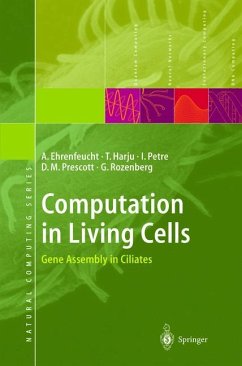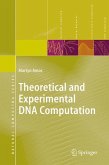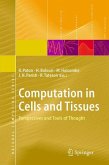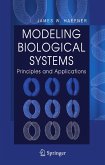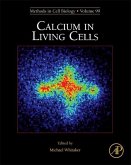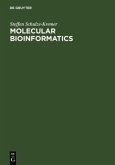Natural Computing is concerned with computation that is taking place in Nature. The investigation of computations in living cells is one of the central and fastest growing areas of research in this field. Gene assembly in ciliates (unicellular organisms) is a splendid example of such computations, and it is fascinating from both the biological and the computational viewpoints. As a matter of fact, both biology and the science of computation have benefited from the interdisciplinary research on the computational nature of gene assembly - this work has helped to clarify important biological aspects of gene assembly, yielded novel insights into the nature of computation, and broadened our understanding of what computation is about.
This monograph gives an accessible account of both the biology and the formal analysis of the gene assembly process. It can be used as a textbook for either graduate courses or seminars.
This monograph gives an accessible account of both the biology and the formal analysis of the gene assembly process. It can be used as a textbook for either graduate courses or seminars.

